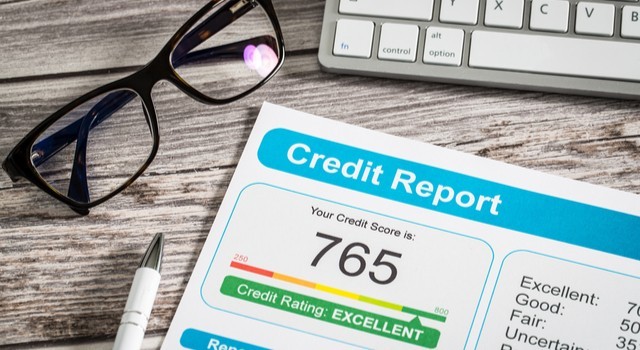Check your credit file
There are three main credit reference agencies in the UK – Experian, Equifax, and Callcredit. You can obtain a credit report from any or all of these companies to check the information they hold is up-to-date, but you may find that each one has slightly different information about you.
You should contact your creditors if your file hasn’t already been updated – doing this increases your chances of obtaining borrowing in general, as it’s one of the main reference points when lenders assess your ability to repay.
What is the danger of approaching lenders yourself?
When you apply for borrowing, the lender searches your credit report to establish credit-worthiness. In doing so, a ‘mark’ is left on your credit file and if you are refused by the lender, it can negatively affect your chances with other institutions.
For this reason, it’s a good idea to approach a ‘whole-of-market’ independent local mortgage broker – preferably one recommended by someone whose judgement you trust. You’ll be able to explain your circumstances in person, and gain from the broker’s wide knowledge of products on offer.
They will narrow down your best options, so reducing the chances of your credit file being adversely affected by lender scrutiny and rejections.
It’s also worth knowing that lenders are influenced by the factors surrounding your debt problem. It you can point to a specific event that caused the issue, such as redundancy or illness for example, they may be more open to offering a mortgage once you’ve been discharged from your Trust Deed.
Scotland Debt Solutions works on behalf of Scottish residents, by offering professional guidance and practical assistance to escape the debt spiral. Call one of our five offices in Scotland to arrange an initial appointment free-of-charge.





